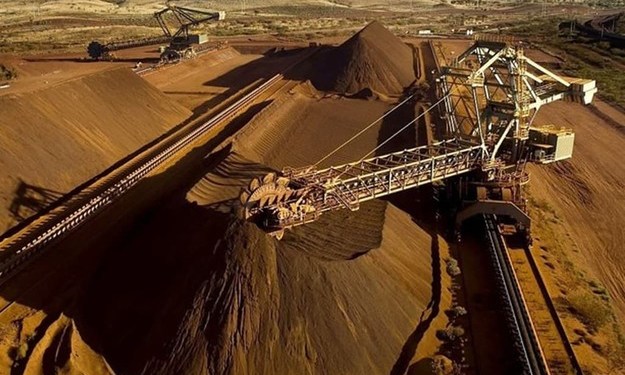BUENOS AIRES (Reuters) – Argentina’s central bank would raise interest rates if inflation does not fall “a lot” beginning in May to a level consistent with its 2018 target for a 15 percent rise in consumer prices, central bank Governor Federico Sturzenegger said on Monday.
Sturzenegger said a 3.1 percent average monthly increase in regulated prices in the first four months of the year had contributed to disappointing monthly inflation readings, but that regulated prices would rise just 1.5 percent on average per month from May through December.
“Inflation has to fall a lot beginning in May” to meet the 15 percent target Sturzenegger said at a press conference. “If that scenario does not play out, we have to do what we have to do, which in this case is raise the interest rate.”
Consumer prices rose 2.3 percent in March, bringing the 12-month inflation rate to 25.4 percent. Last week the central bank held its benchmark interest rate at 27.25 percent, arguing that the pickup in inflation during the first few months of the year was due to “transitory factors.”
Private economists polled by the central bank expect 2018 inflation of 20.3 percent. President Mauricio Macri’s government has reduced subsidies for energy consumption and transportation in order to reduce the fiscal deficit, but those regulated price hikes have complicated efforts to reduce inflation.
Fusion Media or anyone involved with Fusion Media will not accept any liability for loss or damage as a result of reliance on the information including data, quotes, charts and buy/sell signals contained within this website. Please be fully informed regarding the risks and costs associated with trading the financial markets, it is one of the riskiest investment forms possible.
Source: Investing.com

























